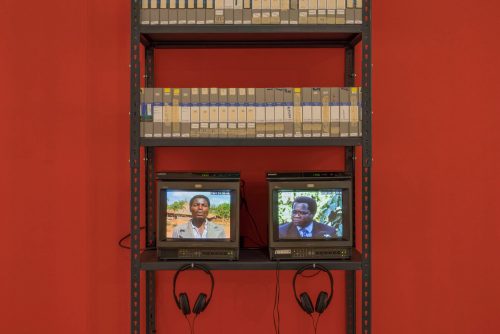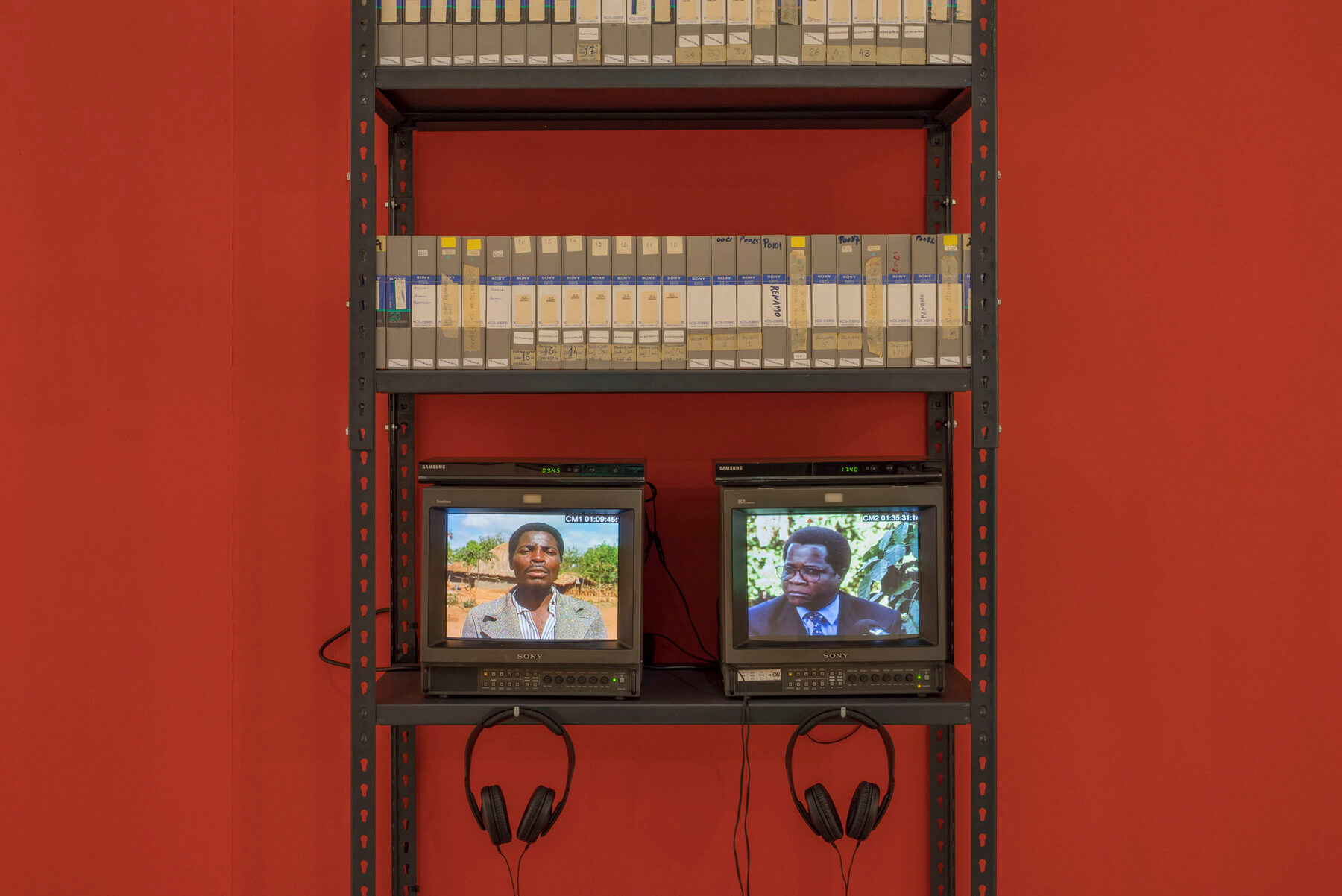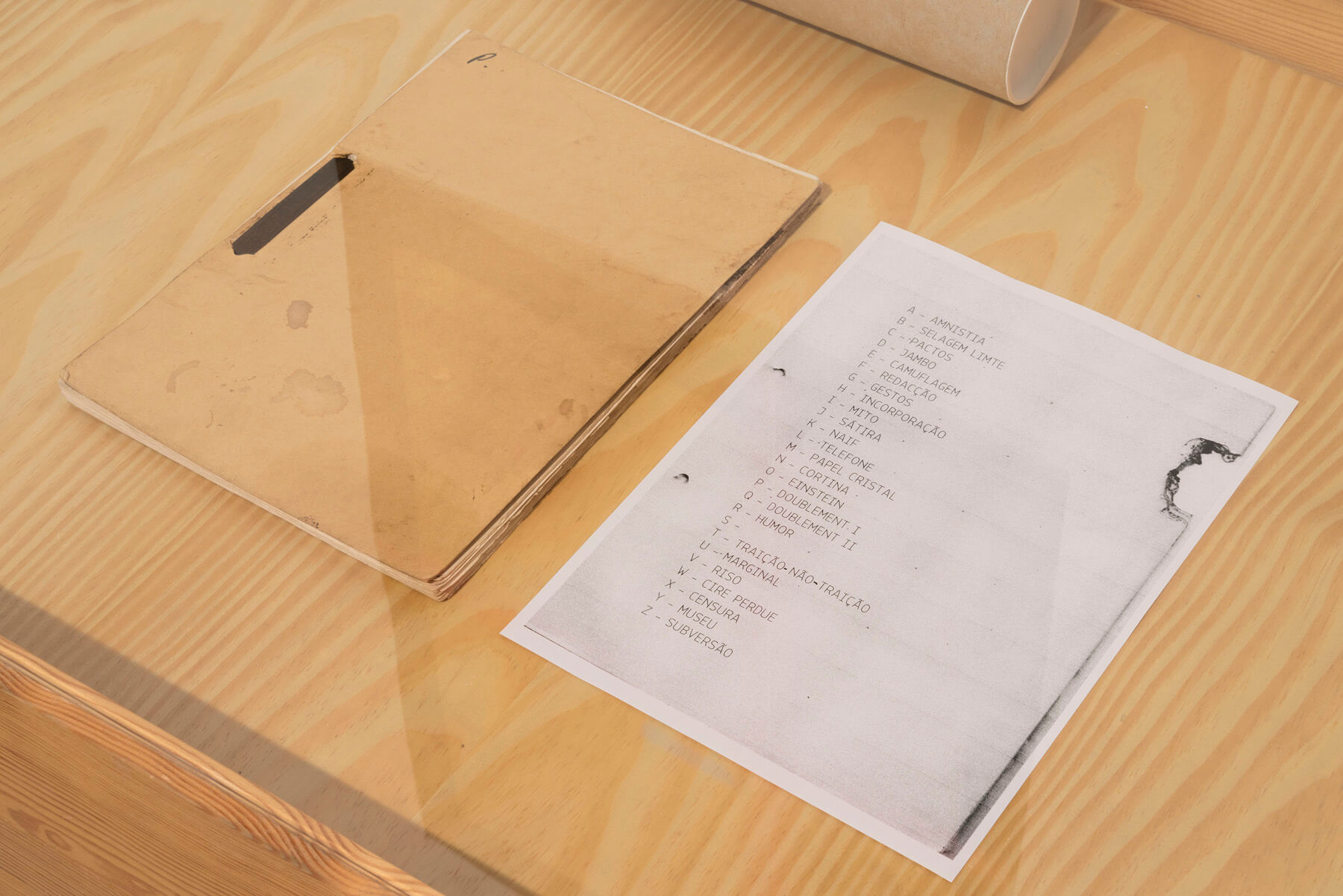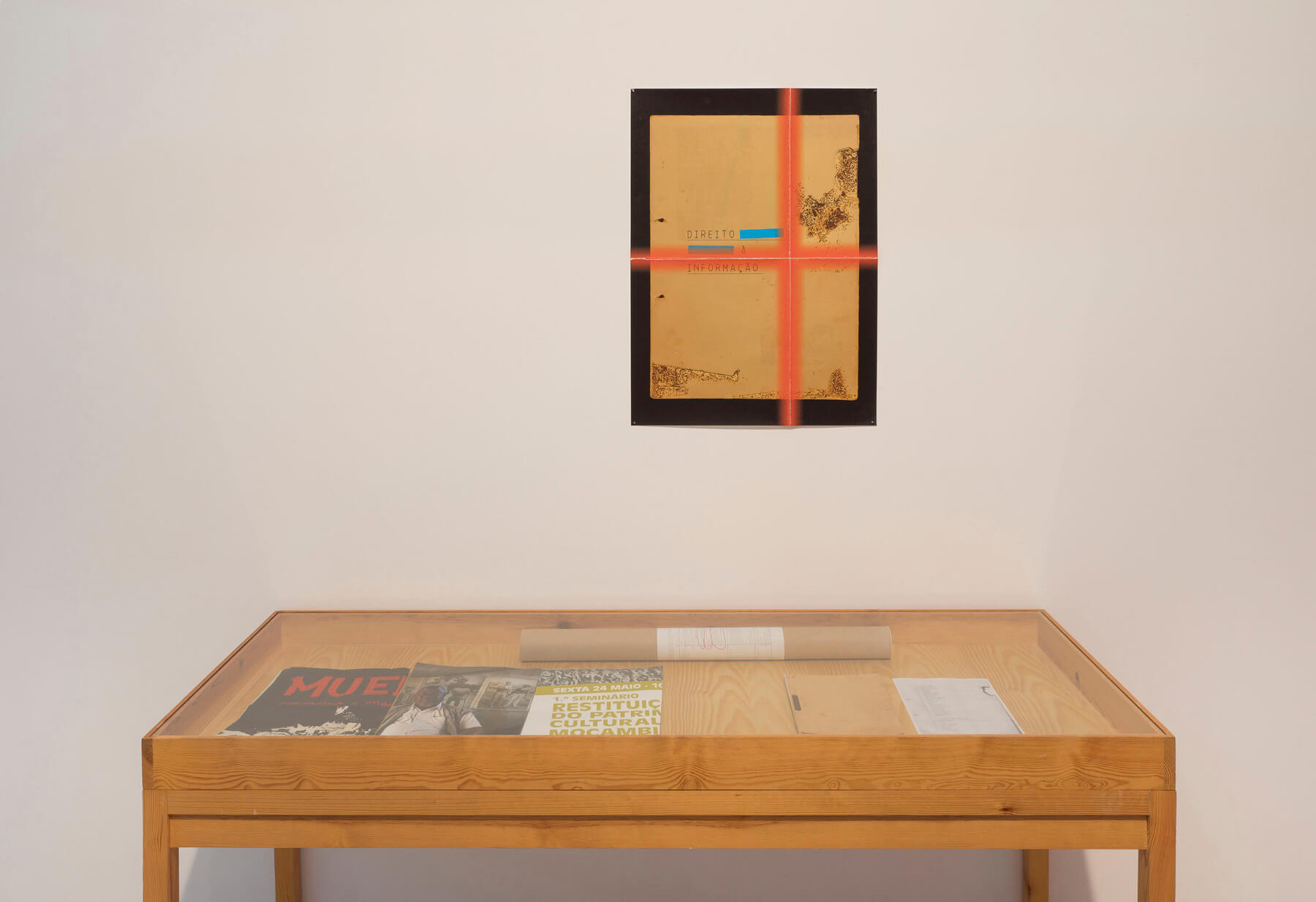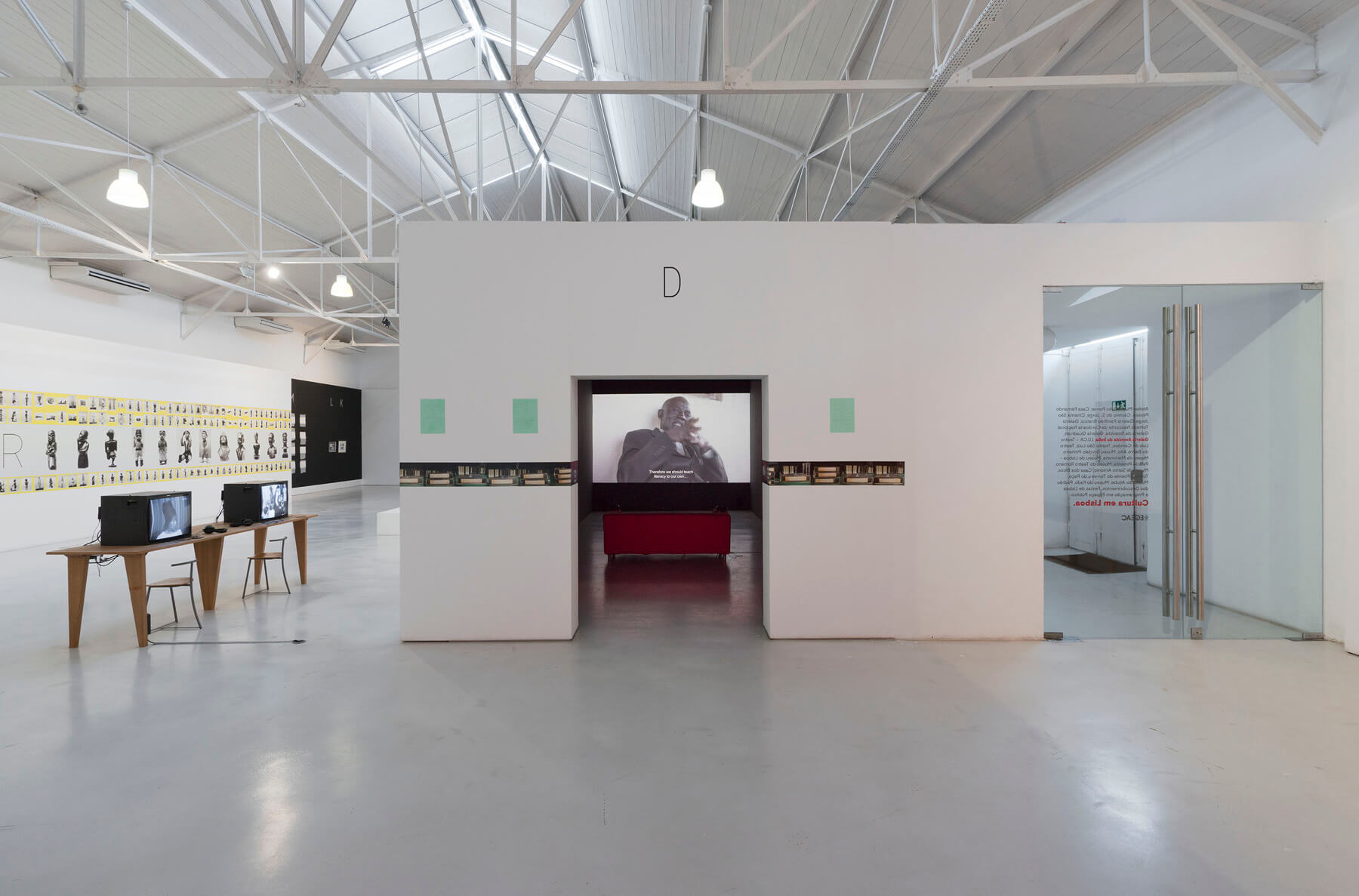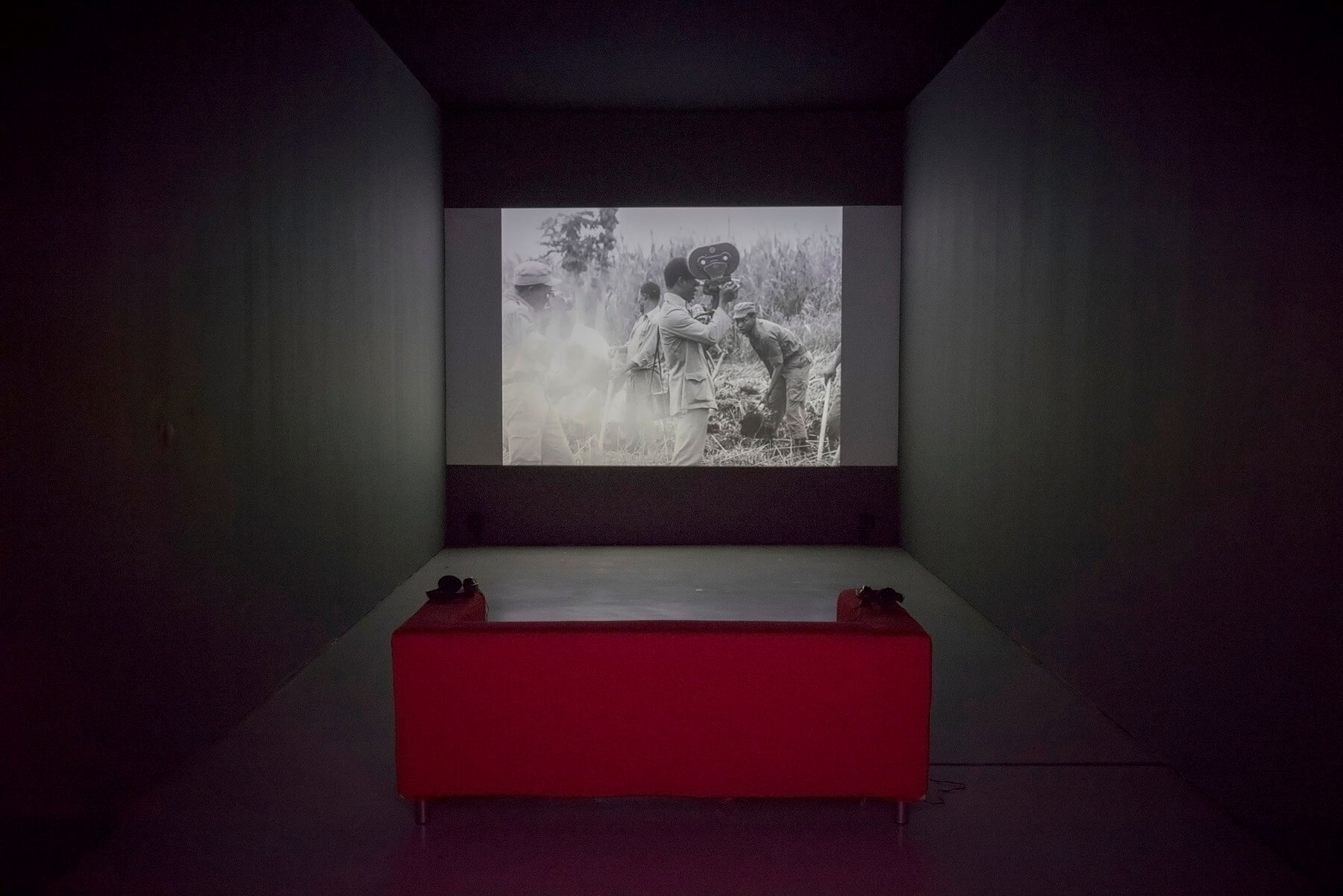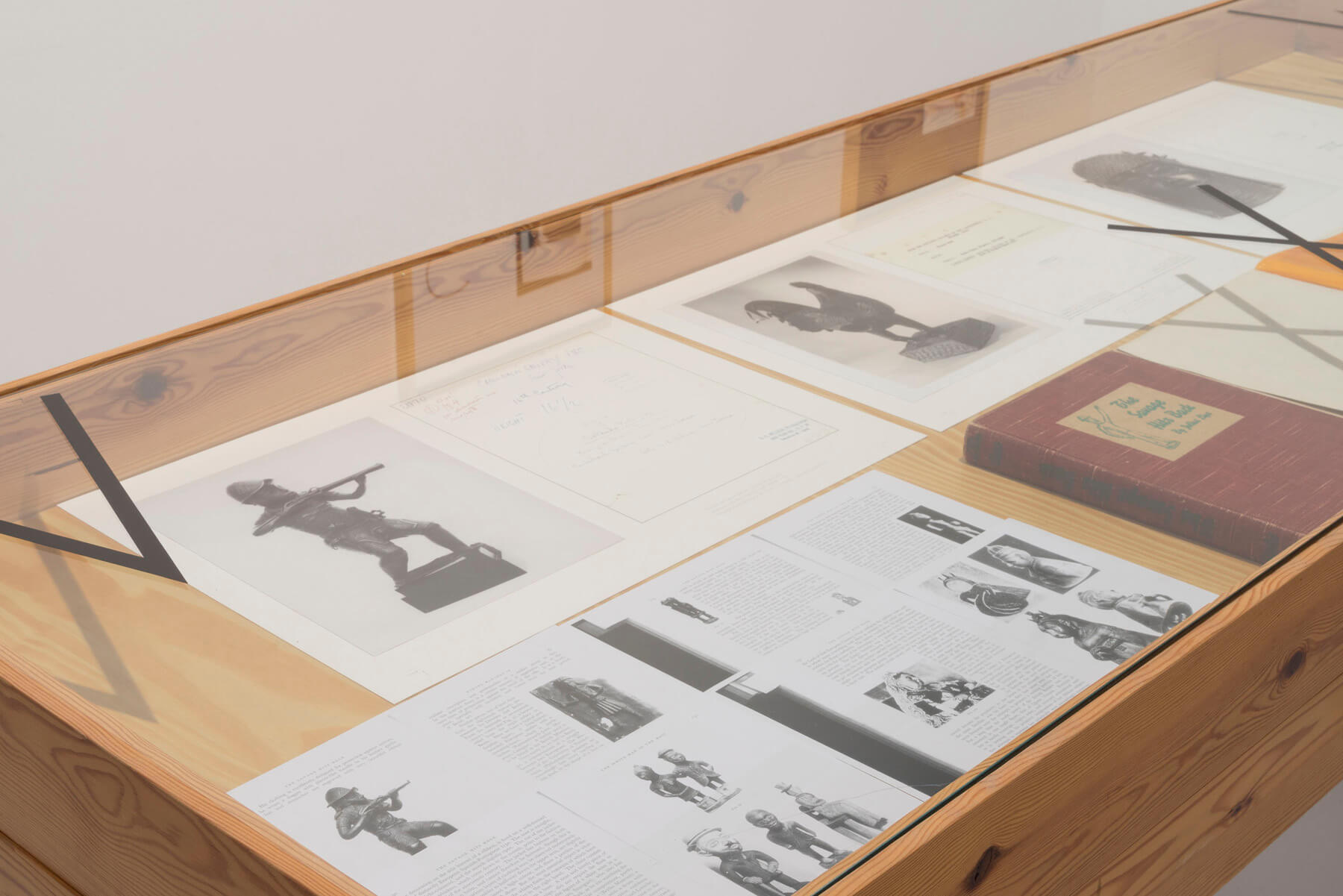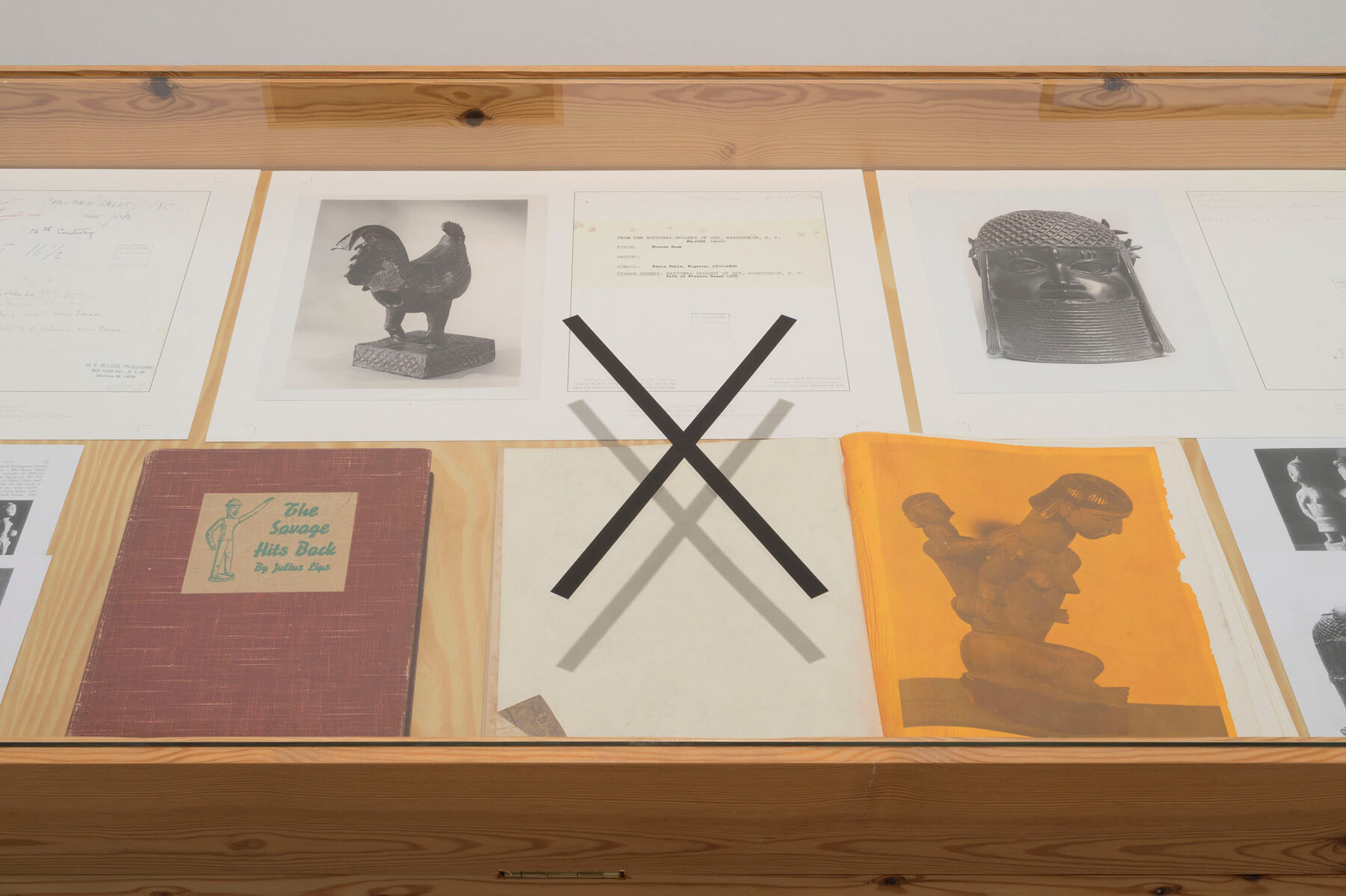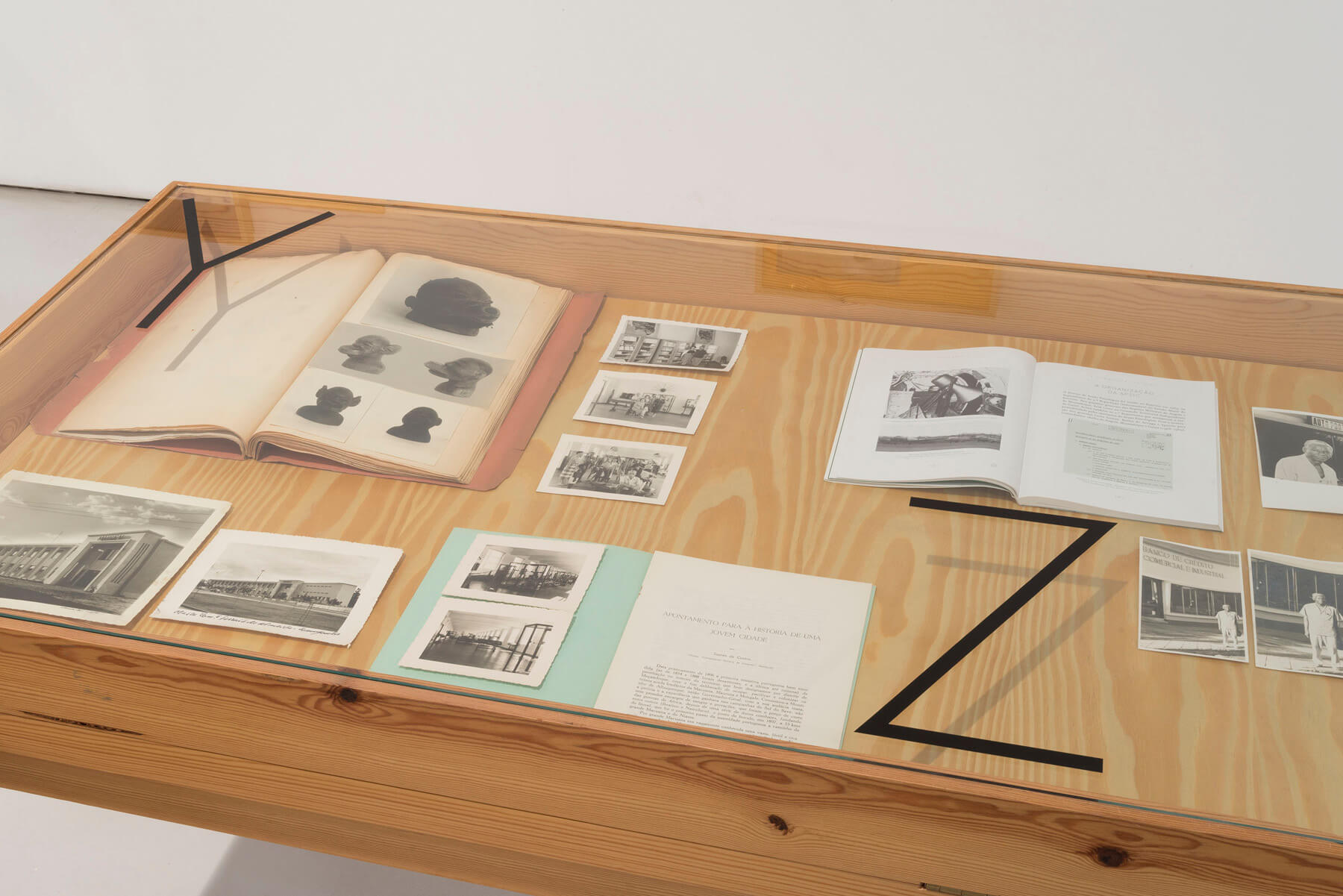– 21.06.2020
Despite the importance of the body of work Catarina Simão has been developing over the past ten years, carefully diving into Mozambique’s colonial archives, it has not yet been cohesively shown in a solo exhibition in Portugal. In addition to giving more visibility to women artists, we believe that it is urgent to deepen discourse around the Portuguese colonial past and its resonances today. Creating an exhibition of Simão’s work is challenging: she is an artist-researcher whose practice questions the notion of the archive through ongoing and lengthy projects. Her process is always open to review and implies collaborative partnerships and different forms of public presentation. Her exhibition displays include documentation, texts, videos, sound, and drawings, with films and video installations as her main forms of expression. How do we present art with such dense research to diverse audiences?
R-humor is not a retrospective, but it weaves together an overview of the issues and documents present in most of the artist’s works from her most recent research on the Nampula Museum (1956) located in the North of Mozambique, and her photographic inventory of the Makonde art collection, recently located in a German museum. The material comes from the fifth volume of studies on the Makonde done by anthropologists Margot and Jorge Dias during the colonial period. Their research, which forms the central core of the exhibition, was neglected for presenting the clear influence of art by whites on Makonde sculpture. In these records, the transgressive strategy of these colonized artists is evidenced when they use satire, irony, and humor to portray their colonizers (Portuguese icons and agents of the colonial system) in a disruptive game of being critically positioned in a subtle way. The exhibition’s title connects the words rumor and humor when it comes to realizing the trick of what can and cannot be said, and how it can be said. According to Simão, it refers to “the circulation of knowledge that belongs to both the public and secret domains, and that identifies with a particular type of violence. Thus, the historical perspectives constructed around the very imagery that the documents reproduce assume an awareness of the normalization underlying the construction of a concept of time (historical, chronological, evolutionary) reinforced by the idea of ‘progress’.”
The works that comprise the exhibition consist of materials from public and private archives with varying degrees of confidentiality, such as extracts from propagandistic televisual information from Mozambique, Portugal, Germany, and the United States (from 1930 to 2019). The artist organizes this information in a large index that must be decoded by visitors.
Acknowledgments:
Arquivo Histórico Diplomático, Arsenal – Institut für Film und Videokunst e.V., Biblioteca de Arte da Fundação Calouste Gulbenkian Museu Nacional de Etnologia de Lisboa, Museu Grassi de Leipzig, Goethe-Institut Portugal, Museu Nacional de Etnologia de Nampula.
Ana Barata, António Bettencourt, António Ntimbanga, Bernhard Guttsche, Catarina Mateus, Catarina Real, Carlos Pina, Corinna Lawrenz, Fernanda Gurgel, Filipa Vicente, Giselher Blesse, João Bento, João Farelo, João Pedro George, João Santos Vieira, Jorge Freitas Branco, Markus Ruff, Paulo Costa, Pedro Guilherme Kulyumba, P. Coton Mehboob, Ruis Luis, Ruy Guerra, Sónia Casquiço, Susanne Sporrer, Vavy Borges.
– 21.06.2020

